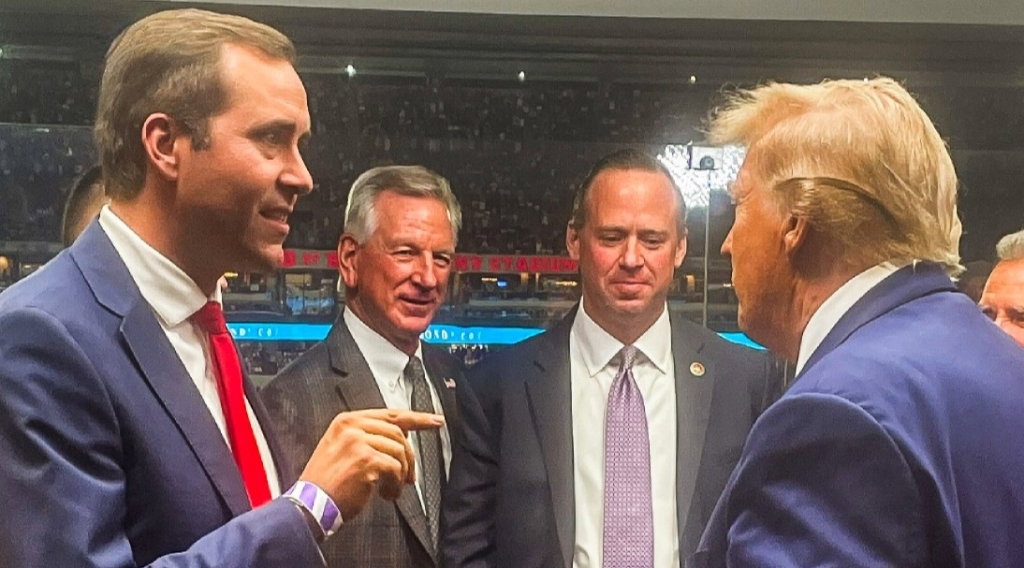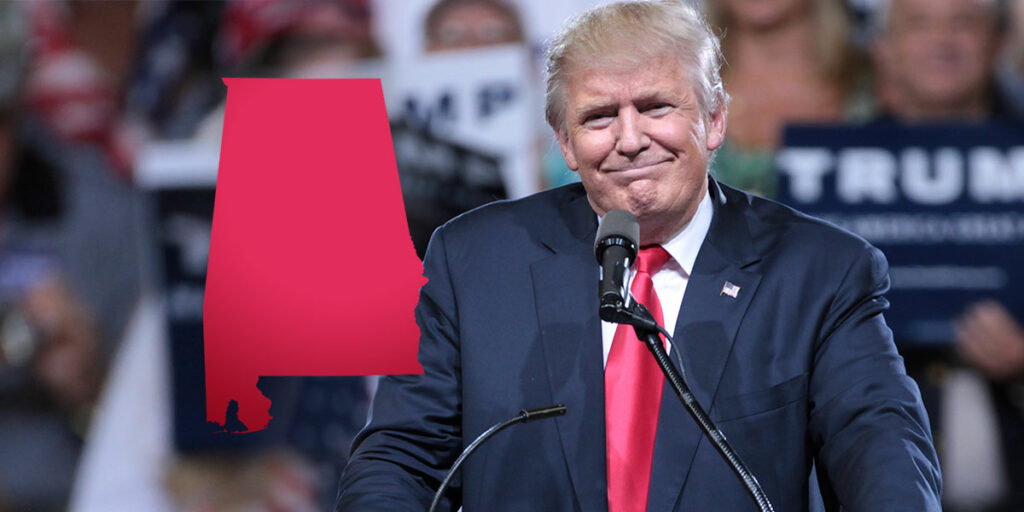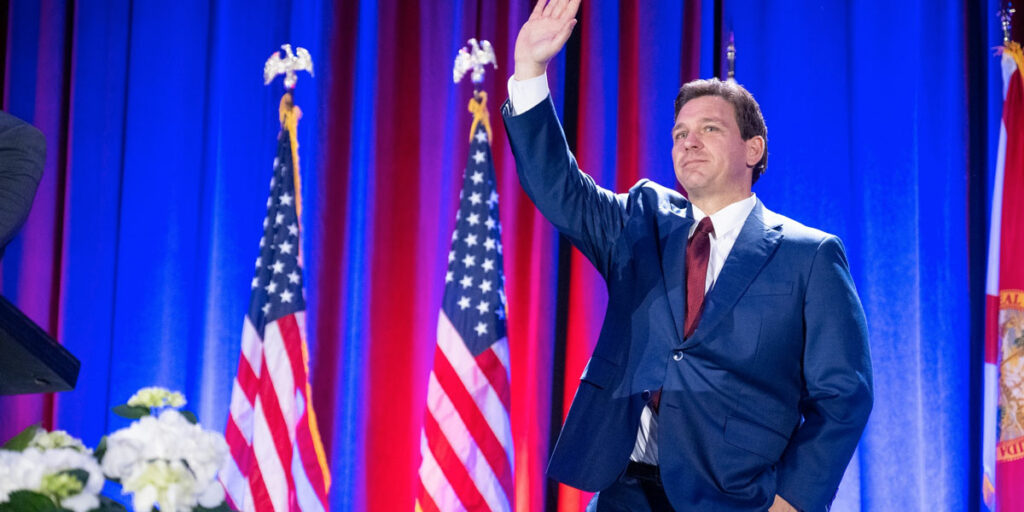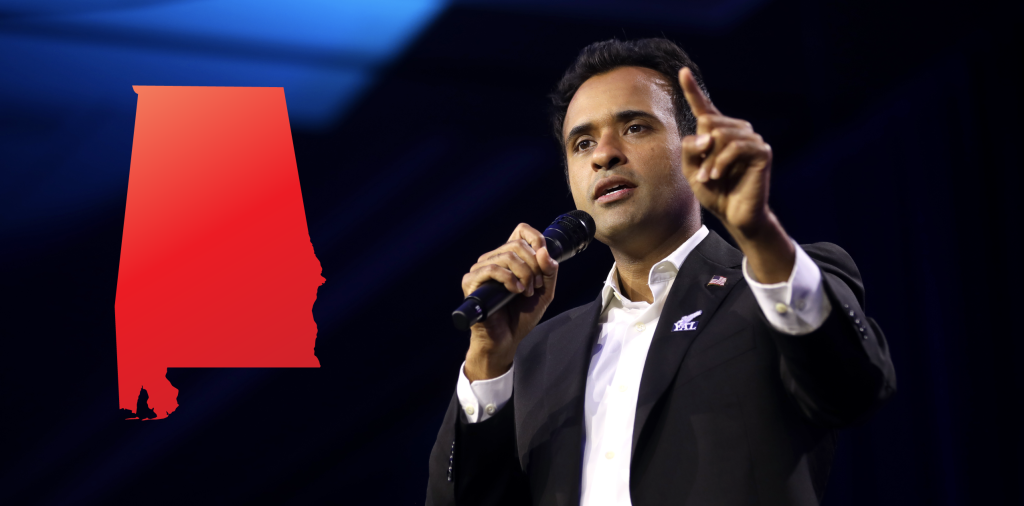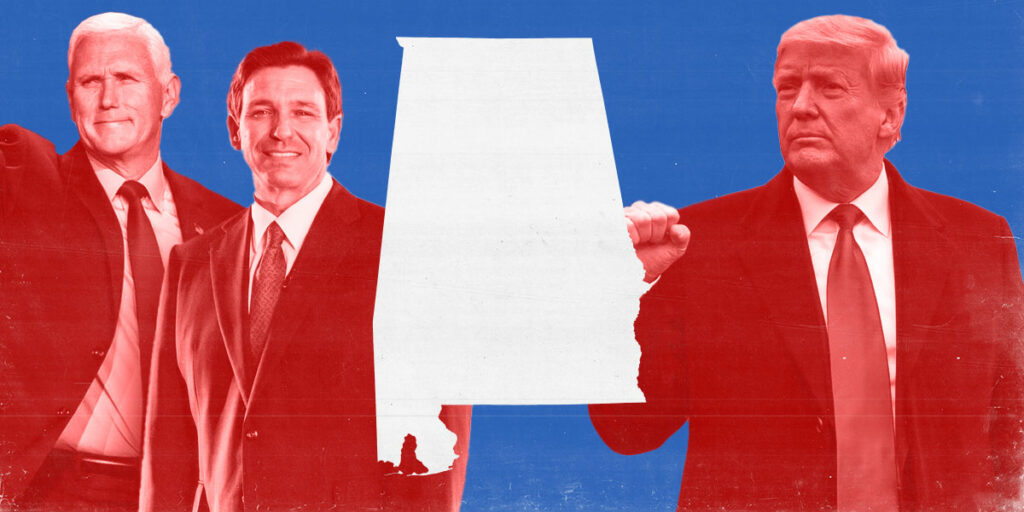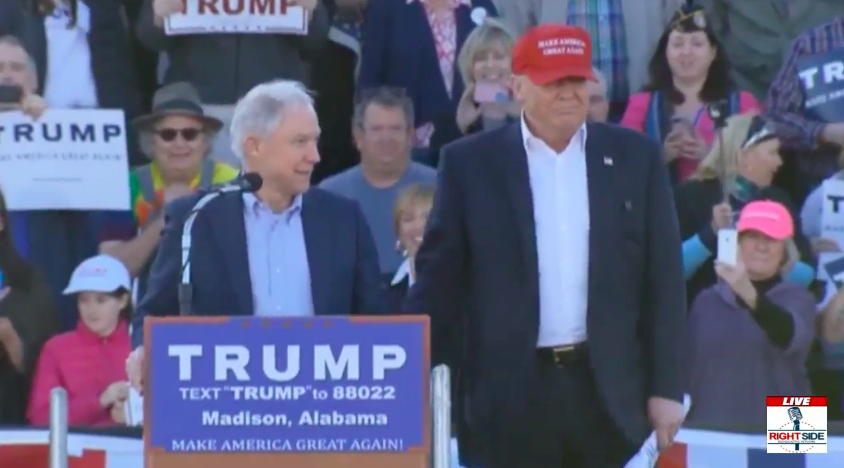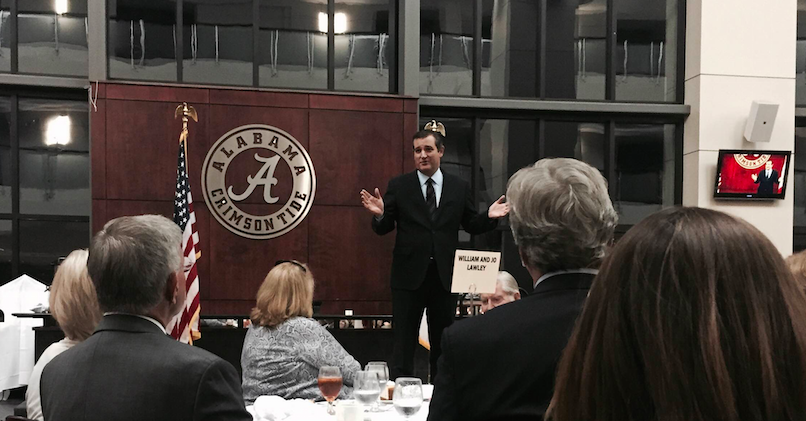
“Ted Cruz has always had a master plan. Now it could win him the White House.”
In an analysis of Cruz’s campaign strategy, Yahoo! Politics declared, “Every politician plans, plots or schemes (depending on how pejorative you want to be about it); that’s part of the job. But not every politician is a prodigy at it. Ted Cruz is.”
That’s high praise from a typically left-leaning publication, but they are not alone in their assessment of Senator Cruz’s political acumen. Dan Pfeiffer, a former senior advisor to President Obama, flat out said Ted Cruz is running “the best campaign on the other side.”
Conservatives may bristle at the comparison, but Pfeiffer probably sees similarities between the Cruz operation and the campaign of another first-term senator who sought to topple a political dynasty on the way to the White House.
Cruz has activated an army of small donors the way then-Senator Barack Obama did in 2008. As a result, he has raised more money than any other Republican who did not have two family members serve as President.
Obama is also widely believed to have out-organized Hillary Clinton in Iowa. Similarly, Cruz is now relying on a well-organized team of staff and volunteers on the ground in states around the country. He has campaign chairmen in all 171 counties in Iowa, New Hampshire, South Carolina and Nevada, the exceedingly important first four primary states. He is the only candidate who can say that at this point in the race.
But looking beyond the first four states, the “SEC Primary” looms large. For the first time next year, Alabama will join Arkansas, Georgia, North Carolina, Tennessee, Texas, and Virginia to hold its presidential primary election on the same day (March 1st), creating a Southern Super Tuesday.
As a result, Alabama is — for perhaps the first time — positioned to be a major player in the presidential nominating process, and Cruz’s “master plan” reflects this new reality.
THE GREAT FALL OF TRUMP
Donald Trump’s proposed “Great Wall” along the Mexican border has soaked up much of the attention in the press since the billionaire real estate mogul announced his campaign in mid-June. But it’s the great fall of Trump that rival campaigns have been waiting (and waiting… and waiting) for, and Cruz is no exception.
Unlike other campaigns, which have taken turns attacking The Donald before retreating in exasperation, Cruz has positioned himself as the candidate to whom Trump’s supporters will most likely gravitate if and when the current frontrunner falters. It is already happening in Iowa, where Cruz recently jumped into second place. Alabama is not polled nearly as often as the early states, but if Trump’s approximately 30 percent support in the Yellowhammer State dips, Cruz would likely be the main beneficiary.
“I don’t believe Donald is going to be the nominee and I think, in time, the lion’s share of his supporters end up with us,” Cruz told CNN. “And I think the reason is that if you look to the records of all the Republican candidates, there’s a big difference between my record and that of everyone else if you ask, ‘who has stood up to Washington?’… I think [Trump’s] involvement has been tremendously helpful to my campaign, because it’s framed the central question of this primary.”
Trump has defied political gravity like few people outside of his Manhattan penthouse ever believed he would, but if his support does wane and Ben Carson’s steady decline continues, Cruz’s path to the nomination begins to crystalize.
The Iowa Caucuses give Cruz a chance for a quick early win and momentum. New Hampshire, which has traditionally supported more establishment-leaning politicians, comes next, representing an opportunity for candidates like Florida Sen. Marco Rubio or New Jersey Gov. Chris Christie to notch a victory. South Carolina could go either way (McCain in ’08, Gingrich over Romney in ’12), but it has traditionally leaned more establishment. Right now Cruz and Rubio are neck and neck in the Palmetto State, although they both continue to trail behind Trump and Carson. Those three states are followed by Nevada, which is a likely Rubio win.
Assuming the field whittles itself down during those early state contests, there is a very real scenario in which Cruz and Rubio go into the SEC Primary on March 1st having both won two states, giving both campaigns the one-on-one scenario they want.
As Yahoo! Politics notes, “By the spring, Cruz expects a two-man contest: a conservative candidate versus an establishment candidate.”
SEC PRIMARY AND ALABAMA
From the very beginning, the Cruz campaign has viewed the Republican primary in terms of four “lanes” — the establishment lane, evangelical lane, libertarian lane and tea party lane. Cruz now believes those lanes are “collapsing” into a single superhighway — a “conservative lane.”
“We’re seeing those lanes unify behind our campaign,” he told Politico.
There are some signs of that being the case in Alabama, where conservative activists have bridged alliances with more traditional Republican Party leaders to support Cruz’s efforts in the Yellowhammer State. For instance, Rainy Day Patriots Tea Party Leader Ann Eubank and Republican stalwart Joan Reynolds, the GOP Chair in the most Republican county in the state (Shelby), are both backing Cruz. North Alabama congressman and tea party favorite Mo Brooks (R-AL5) is chairing the campaign.
But it’s the motivated activists, not the big names, who the Cruz team touts the most in behind-the-scenes conversations — the people who knock on doors, man phone banks and pound the pavement. They don’t necessarily merit a splashy press release, but they often do more of the actual work that gets candidates elected. The two dozen most Republican Alabama counties already have a Cruz “county captain,” and the campaign is expected to roll out its Congressional District chairmen, which will include both elected officials and activists, in the coming days.
The candidate himself has been engaged in Alabama, too. Cruz has come to the state multiple times, and is expected to return again before year’s end.
THE EVANGELICAL EDGE
With Rubio set to make his first campaign rally and fundraising appearances (They’re expected to raise a couple hundred thousands dollars in one day) in the state on Tuesday, the Florida senator continues to emerge as Cruz’s most likely obstacle to the nomination. If they remain on a collision course, the Cruz campaign is counting on their candidate’s close ties to the evangelical Christian base to push them over the top in Alabama.
In 2008, former Baptist minister and Arkansas governor Mike Huckabee won Alabama’s Republican presidential primary with 41 percent of the vote. In 2012, outspoken social conservative Rick Santorum won with 35 percent of the vote. In both cases, the candidate most closely aligned with the Evangelical Right carried the state.
Cruz and Rubio have both made their faith a central theme of their campaigns.
In an interview with Yellowhammer News earlier this year, Cruz said, “I am a Christian first, then a conservative, then a Republican, and very much in that order. My faith is integral to who I am and to my family.”
A video of Rubio passionately discussing his faith also made the rounds online recently.
Conservatives cheered when the SEC Primary was finalized because they believed the GOP’s last geographic stronghold should play a larger role in the nominating process, and presumably propel a more conservative candidate into the general election.
If the choice comes down to Marco Rubio and Ted Cruz, conservatives will be getting what they want, regardless of which ones wins. But it will be a tough fight, and a motivated group of passionate Cruz activists could have a shot at being the difference on election day.
Cruz wouldn’t have it any other way.
Sen. @TedCruz’s ‘master plan’ includes a push to win in Alabama and all across the South https://t.co/4kWx5hlaQV
— Cliff Sims (@Cliff_Sims) December 1, 2015






